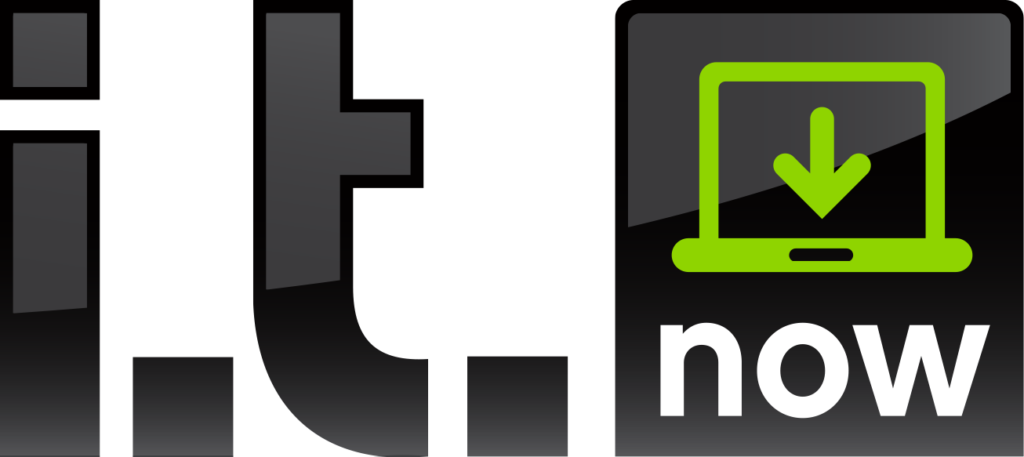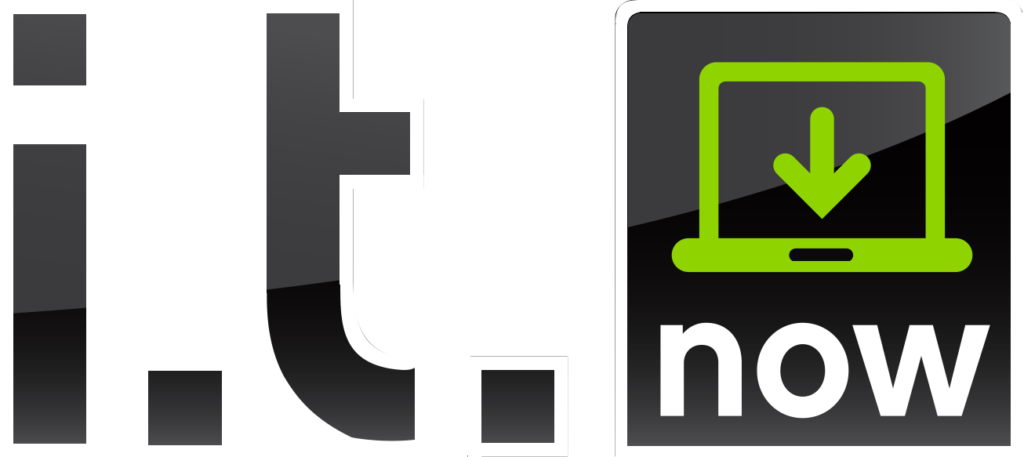By now, unless you’ve been living under a rock, you’ve heard the phrase the cloud, but that exactly is the cloud? Simply put, the cloud is another name for the internet. Often times, cloud symbols are used to represent the internet on diagrams. The internet is a virtual space where users from across the globe connect and share information. Most of us are familiar with ways to store, share, and backup information through cloud storage sites. Cloud computing is a natural extension of this type of cloud storage, but it’s an area that is still unfamiliar to some. What is cloud computing? How can it help my business? Do I need to worry about my privacy and security?
What is cloud computing? In the simplest of terms, cloud computing is using software that is stored on the cloud via a much simpler program on your computer or other device. Chances are, you’re already using these services every day. Two of the most common examples are web-based email, such as gmail, and social networking sites. In both of these cases, you are using a relatively simple piece of software, a web browser, that doesn’t require a lot of processing for your individual device and accessing a more complex application with it. This same concept extends beyond email, Google Drive, Facebook and Instagram to business-oriented applications.
How can cloud computing help my business? As we said before, cloud computing allows you to access a multitude of powerful apps through a much smaller, simpler, program. This means that it isn’t as necessary as it once was to be continually upgrading to newer and faster computers that can run more processes. When you utilize a SaaS, software-as-a-service, provider you can access your data from anywhere you have an internet connection.
Growing businesses appreciate this because they don’t have to purchase new software licenses each time they add an employee. Since data is all stored virtually, there isn’t a concern about information being localized on one person’s computer. So when you’re out to lunch with a client, you’re able to pull up just the information they need rather than saying, “I’ll email it to you when I get back to the office.” SaaS software is automatically updated, so you don’t have to worry about purchasing and installing upgrades.
Other cloud services such as IaaS (infrastructure-as-a-service) and PaaS (platform-as-a-service) allow users to purchase online storage, paying for just what they need, and access product development tools to create applications on the provider’s platform. And then there also are softwares which help visualize statistics when data is input. The debate of kibana vs grafana is an incessant discussion, but both are good enough softwares.
Do I need to worry about privacy and security? Obviously, this is a big concern. The idea of handing over your data to another company is understandably worrisome. Just knowing that the company’s information cannot be kept under lock and key is enough for some executives to shy away from the idea of cloud computing.
Keep in mind that companies who provide cloud computing services must scrupulously guard their reputations. Even the rumor of a data leak could destroy a company. It’s in their best interest to provide the strongest and most up-to-date security measures available.
Privacy can be controlled by using authentication techniques such as usernames and passwords and an authorization format that allows users to see only the data and applications relevant to their jobs.
With access to high-speed internet almost everywhere and an on-the-go society, the nature of business requires you to be able to access your data everywhere. Cloud computing makes that possible.


